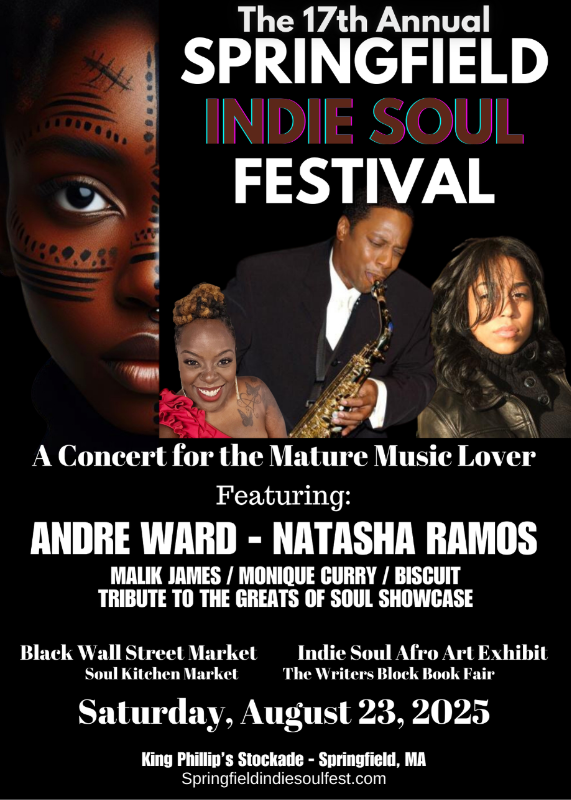Tyler Perry’s Beauty in Black attempts to add another layer to his portfolio of Black-focused narratives, but in doing so, it inadvertently undermines the image of the Black family, particularly Black men, and sets back efforts to establish more positive roles for Black characters in Hollywood.
While marketed as a bold, adult-themed exploration of the lives of two women navigating different worlds, Beauty in Black quickly becomes a caricature of dysfunction, diving into themes that feel both sensationalized and exploitative. Perry’s series doesn’t just brush up against stereotypes—it leans into them, often reducing Black family life to images of chaos and betrayal, with Black men frequently portrayed as irresponsible, absent, or downright antagonistic. This narrow framing detracts from the complexity of Black family bonds and threatens to perpetuate harmful assumptions about Black masculinity.
The show’s central male figures, like Kimmie’s boss and Mallory’s husband, are presented with limited depth, often embodying the same weary tropes of aggression, infidelity, and unreliability. Rather than showing the resilience, love, and strength that define so many real Black men, these characters reinforce outdated narratives, suggesting that Black men are inherently flawed partners or fathers. This portrayal is not just disappointing but detrimental to Hollywood’s progress in representing Black men as layered, honorable, and nuanced individuals. Perry misses the opportunity to offer more balanced portrayals, choosing shock value over substance.
Beauty in Black is also jarringly explicit, with scenes set in strip clubs, graphic violence, and toxic relationships that veer into excessive territory. Though visually polished, the content feels shallow, prioritizing scandalous scenarios over meaningful story arcs or character development. The series seems intent on delivering an edgy experience that pushes boundaries, but at what cost? For those who hoped Perry would elevate the conversation around Black family life, this show may feel like a major setback.
The production may aim to appeal to a segment of viewers drawn to dramatic thrillers, but it risks alienating audiences who supported Perry’s early work for its focus on faith, family, and resilience. In a time when positive representation of Black family units and Black men in media is critical, Beauty in Black feels like a step in the wrong direction, reinforcing damaging stereotypes under the guise of entertainment.





